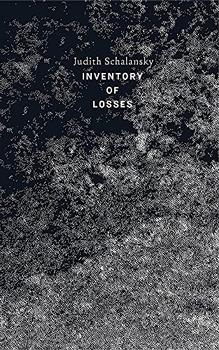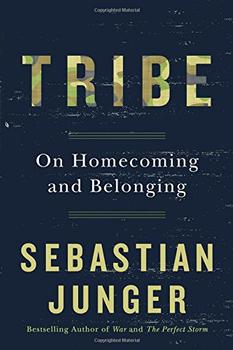Summary | Excerpt | Reviews | Beyond the book | Read-Alikes | Genres & Themes | Author Bio

A History of Life and Death
by Jill LeporeRenowned Harvard scholar and New Yorker staff writer Jill Lepore has composed a strikingly original, ingeniously conceived, and beautifully crafted history of American ideas about life and death from before the cradle to beyond the grave.
How does life begin? What does it mean? What happens when we die? "All anyone can do is ask," Lepore writes. "That's why any history of ideas about life and death has to be, like this book, a history of curiosity." Lepore starts that history with the story of a seventeenth-century Englishman who had the idea that all life begins with an egg and ends it with an American who, in the 1970s, began freezing the dead. In between, life got longer, the stages of life multiplied, and matters of life and death moved from the library to the laboratory, from the humanities to the sciences. Lately, debates about life and death have determined the course of American politics. Each of these debates has a history. Investigating the surprising origins of the stuff of everyday life - from board games to breast pumps - Lepore argues that the age of discovery, Darwin, and the Space Age turned ideas about life on earth topsy-turvy. "New worlds were found," she writes, and "old paradises were lost."
As much a meditation on the present as an excavation of the past, The Mansion of Happiness is delightful, learned, and altogether beguiling.
My expectations for this new collection of essays from New Yorker contributor Jill Lepore stemmed from the book’s grand title. I envisioned a series of short introductions to different philosophies, of primarily religious nature, that concern themselves with the beginning of life and afterlife. What I found was, paradoxically, both more complex and simpler. As one would expect from a Harvard historian, this collection is quite edifying. However the collection is not rigidly academic – it aims for the engaging cocktail party conversation rather than comprehensive historical assessment...continued
Full Review
 (767 words)
(767 words)
(Reviewed by Elizabeth Whitmore Funk).
 Jill Lepore's new book takes its title from The Mansion of Happiness, a nineteenth century board game that demonstrated Christian morality. Like children's literature of the time, such didactic games were quite popular, but are also timeless: one such board game, The Game of Goose, has origins in ancient Egypt!
Jill Lepore's new book takes its title from The Mansion of Happiness, a nineteenth century board game that demonstrated Christian morality. Like children's literature of the time, such didactic games were quite popular, but are also timeless: one such board game, The Game of Goose, has origins in ancient Egypt!
 Originally marketed in 1843, The Mansion of Happiness became very popular in America, as did a number of similar games that followed. As society's focus moved to industrial growth and economic gain, board games shifted from encouraging morality to encouraging strong financial and capitalistic behavior. The Checkered Game of Life, a sort of hybrid between checkers and the modern board game Life, was one such game.
Originally marketed in 1843, The Mansion of Happiness became very popular in America, as did a number of similar games that followed. As society's focus moved to industrial growth and economic gain, board games shifted from encouraging morality to encouraging strong financial and capitalistic behavior. The Checkered Game of Life, a sort of hybrid between checkers and the modern board game Life, was one such game.
 ...
...

If you liked The Mansion of Happiness, try these:

by Judith Schalansky
Published 2021
Each disparate object described in this book - a Caspar David Friedrich painting, a species of tiger, a villa in Rome, a Greek love poem, an island in the Pacific - shares a common fate: it no longer exists, except as the dead end of a paper trail.

by Sebastian Junger
Published 2016
We have a strong instinct to belong to small groups defined by clear purpose and understanding--"tribes." This tribal connection has been largely lost in modern society, but regaining it may be the key to our psychological survival.
When men are not regretting that life is so short, they are doing something to kill time.
Click Here to find out who said this, as well as discovering other famous literary quotes!